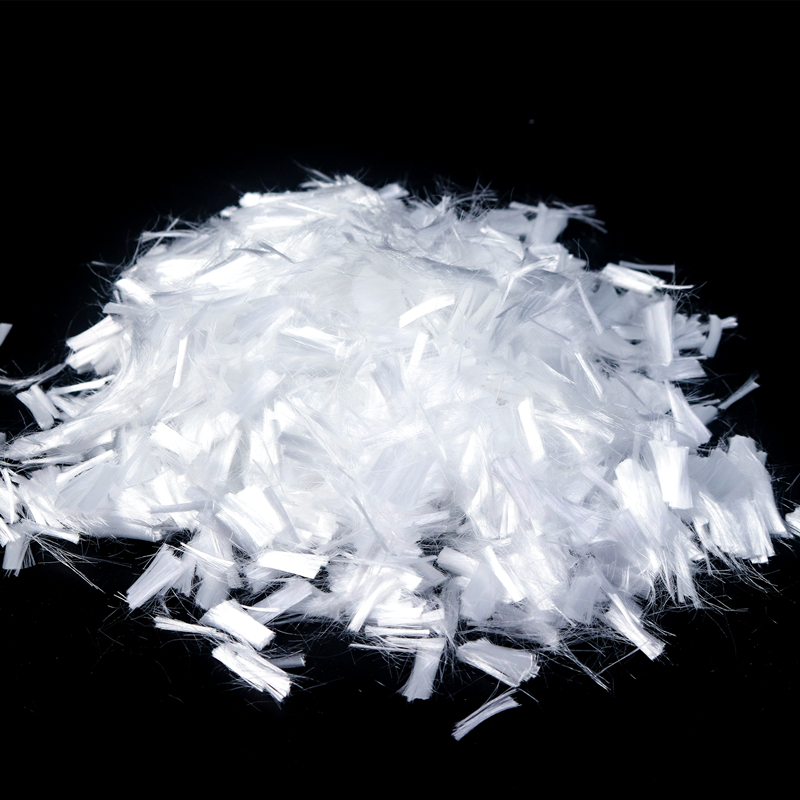Writer: admin Time:2024-12-22 11:03 Browse:
Polypropylene fiber is made by polyolefin and one important synthetic fiber in our daily life.
The specific gravity of Polypropylene fiber is the lightest than other synthetic fibers ,like polyester ,Polyvinyl alcohol ,polyacrylonitrile ,Nylon ,Polyethylene ,etc.

Polypropylene fiber properties are as below :
1.High strength, good elasticity, wear resistance, and corrosion resistance: Polypropylene fibers /PP fibers have high strength, with the same strength in dry/wet state, wear resistance, and good elasticity. The rebound rate can be comparable to nylon and much larger than polyester. This makes it an ideal choice for manufacturing materials such as fishing nets and ropes.
2.Good insulation and warmth retention properties: Polypropylene fibers have low thermal conductivity and much higher electrical resistivity than ordinary fibers, but they have good warmth retention and insulation properties.
3.Low moisture absorption and dyeing properties: Polypropylene fibers have poor dyeing performance, light color, low color fastness, and almost no moisture absorption. Fine polypropylene fibers have strong core absorption ability, and absorb water vapor through capillaries in the fibers.
4.Low heat and aging resistance: The raw material of polypropylene fiber is propylene, which has a low melting point and poor stability under the influence of heat and light. Therefore, the aging and heat resistance of polypropylene fiber are poor.
5.Very light: The density of polypropylene fiber is the smallest among all chemical fibers, so polypropylene fiber is often used as a filler for winter clothing, mountaineering clothes, skiing clothes, and other fabrics.
Polypropylene fibers have a wide range of applications, including but not limited to concrete reinforcement, textiles, building materials, etc. In concrete, polypropylene fibers can improve the crack resistance, impermeability, abrasion resistance, frost resistance, and workability of mortar/concrete. In textiles, due to their lightweight and thermal insulation properties, they are commonly used as fillers for winter clothing or fabrics for ski and mountaineering clothing. In addition, polypropylene fibers also have good electrical insulation and warmth retention, but they are prone to static electricity during processing.